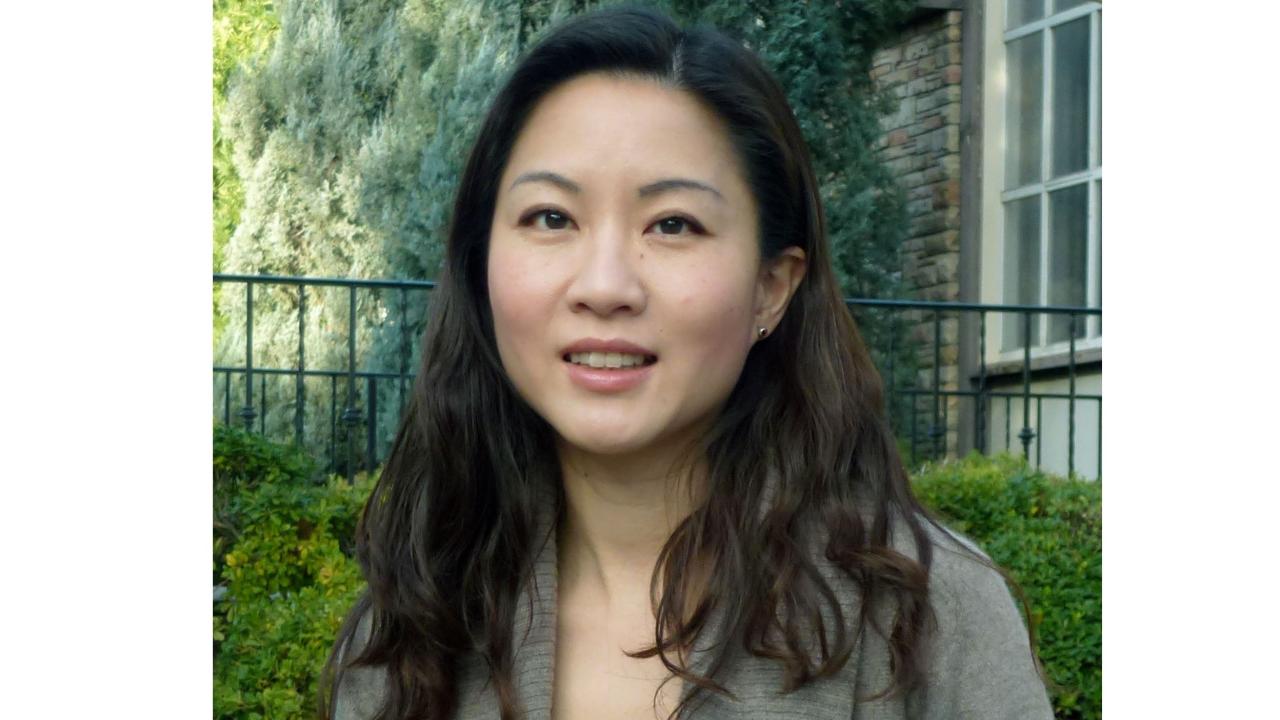
UC Davis Microbiome Special Research Program Awards Seed Funding to Seven Collaborative Research Projects
By Jose Franco
The UC Davis Microbiome Special Research Program and the Office of Research are pleased to announce the recipients of seven seed funding awards. Each awarded proposal will receive $40,000 over two years. The seed funding program is designed to catalyze new projects and innovations in microbiome sciences with an emphasis on new interdisciplinary collaborations within UC Davis.
“UC Davis already has an incredible array of microbiome research on campus,” said Jonathan Eisen, the director of the program and a professor in the Department of Evolution and Ecology in the College of Biological Sciences and the Department of Medical Microbiology and Immunology in the School of Medicine.
“We see the breadth of microbiome work on campus as a great strength, covering diverse topics on health, energy, the environment, food, basic sciences and more,” said Eisen. “A key goal of the Microbiome Special Research Program is to both leverage that breadth and to bring new people into microbiome research. The seed funding program is our first major effort in that regard.”
Funding for the program was provided by the Office of Research, School of Veterinary Medicine, School of Medicine, College of Agricultural and Environmental Sciences, College of Biological Sciences, College of Engineering and the College of Letters and Sciences.
The Microbiome Special Research Program expects to release a second call for proposals in the Spring of 2019.
Award Recipients
Seven research projects were selected from a total of 30 applications covering a wide variety of disciplines.
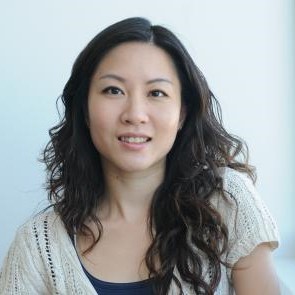 |
“The Role of Gut Microbiota and Impact of Antibiotics on Cardiovascular Health” Principal investigator: Joanna Chiu, Department of Entomology and Nematology, College of Agricultural and Environmental Sciences. Co-principal investigator: Yang Kevin Xiang, Department of Pharmacology, School of Medicine. |
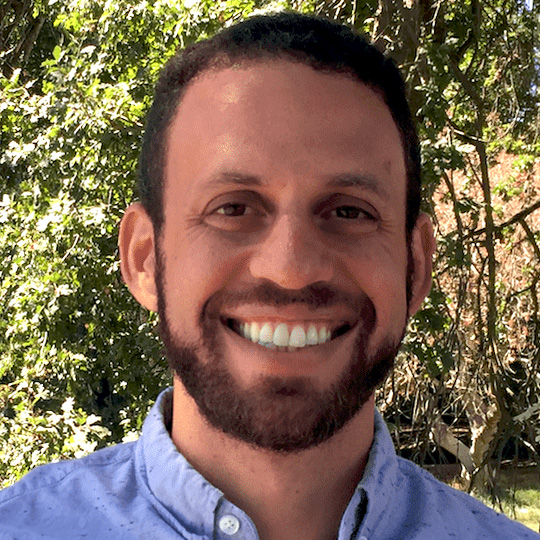 |
“The Role of Microbial Sulfate Reduction in Oyster Biomineralization: Implications for Changing Oceans” Principal investigator: David Gold, Department of Earth and Planetary Sciences, College of Letters and Science. Co-principal investigators: John Stachowicz, Department of Evolution and Ecology, College of Biological Sciences and Roxanne Banker, Department of Earth and Planetary Sciences, College of Letters and Science. |
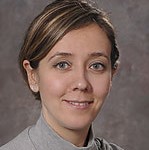 |
“Interactions Between Intestine Microbiota, DNA methylation, and Transcription Patterns in Mouse Models of Copper Accumulation” Principal investigator: Valentina Medici, Department of Internal Medicine, Division of Gastroenterology and Hepatology, School of Medicine. Co-principal investigator: Janine LaSalle, Department of Medical Microbiology and Immunology, School of Medicine, and Genome Center. |
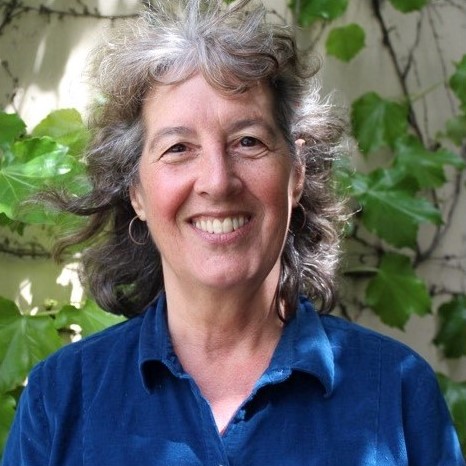 |
“The Soil Microbiome of the Perennial Grain Kernza—Relationship to Soil Carbon Sequestration and Food Quality” Principal investigator: Kate Scow, Department of Land, Air, and Water Resources, College of Agricultural and Environmental Sciences. Co-principal investigators: Mark Lundy, Department of Plant Sciences, College of Agricultural and Environmental Sciences; Carolyn Slupsky, Department of Nutrition/Department of Food Science and Technology, College of Agricultural and Environmental Sciences; Venkatesan Sundaresan, Department of Plant Sciences/Department of Plant Biology, College of Agricultural and Environmental Sciences and College of Biological Sciences. |
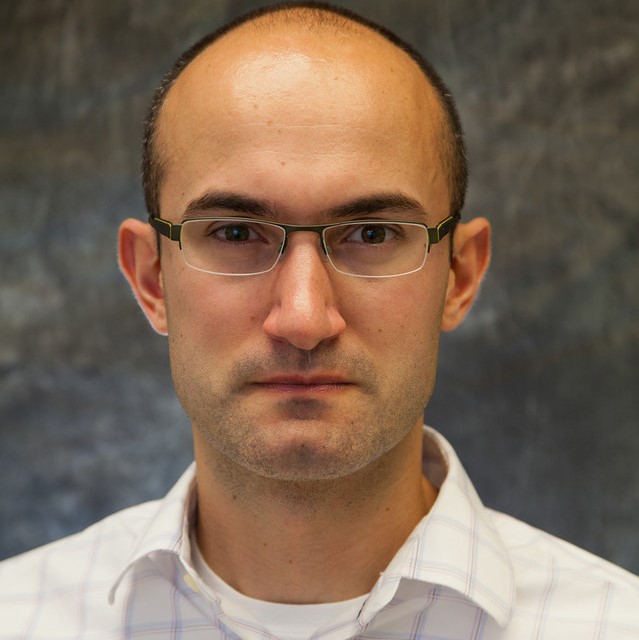 |
“A Microfabricated Model of Enteric Epithelium-Neuron Interaction for Identification of Effector Compounds in the Gut Microbiota” Principal investigator: Erkin Seker, Department of Electrical and Computer Engineering, College of Engineering. Co-principal investigators: Maria Marco, Department of Food Science and Technology, College of Agricultural and Environmental Sciences and Helen Raybould, Department of Anatomy, Physiology and Cell Biology, School of Veterinary Medicine. |
 |
“Eco-evolutionary Dynamics Between Fish Hosts and Their Microbiomes in Polluted Environments” Principal investigator: Andrew Whitehead, Department of Environmental Toxicology, College of Agricultural and Environmental Sciences. Co-principal investigator: Titus Brown, Department of Population Health and Reproduction, School of Veterinary Medicine, and Genome Center. |
 |
“Transformative Interactions Between Organic Contaminants and the Skin Microbiome” Principal investigator: Thomas Young, Department of Civil and Environmental Engineering, College of Engineering. Co-principal investigators: Raja Sivamani, Department of Dermatology, School of Medicine, and Deborah Bennett, Department of Public Health Sciences, School of Medicine. |
Contact
- Jose Franco, Microbiome Special Research Program, (530) 754-0858 jlfranco@ucdavis.edu
Resources
- Microbiome Special Research Program
- UC Davis Launches Microbiome Initiative to Leverage Expertise across Campus
Comments